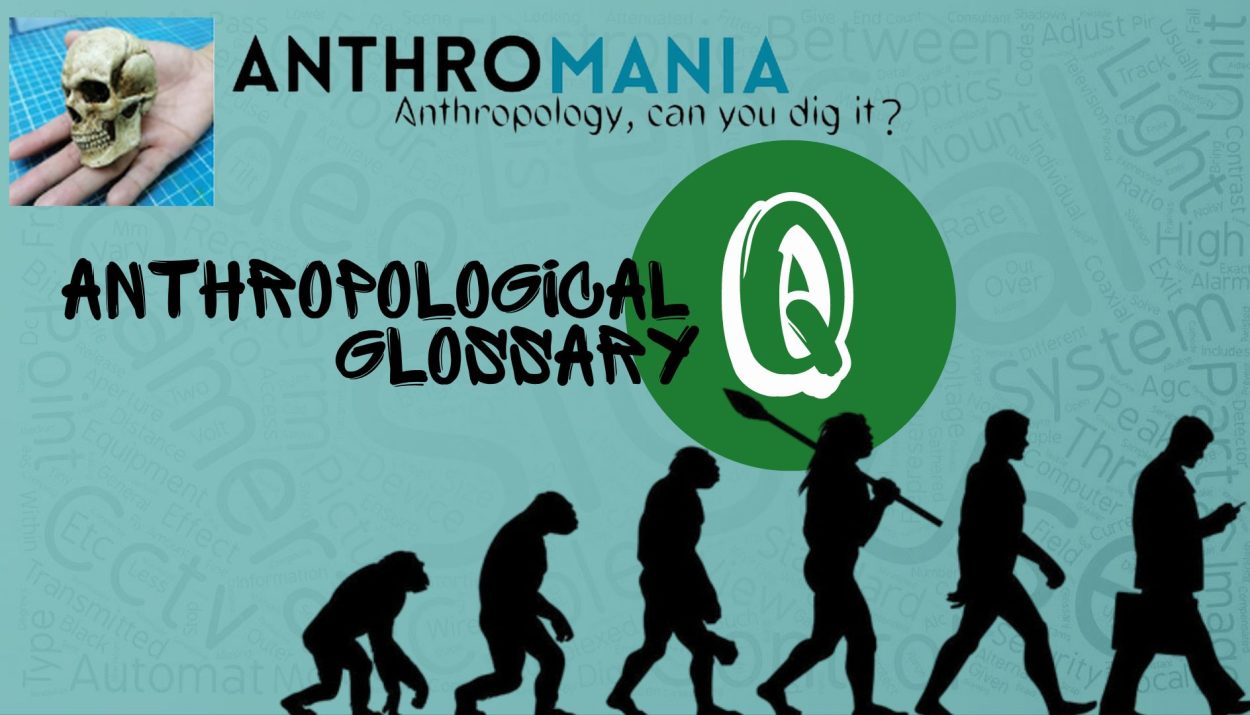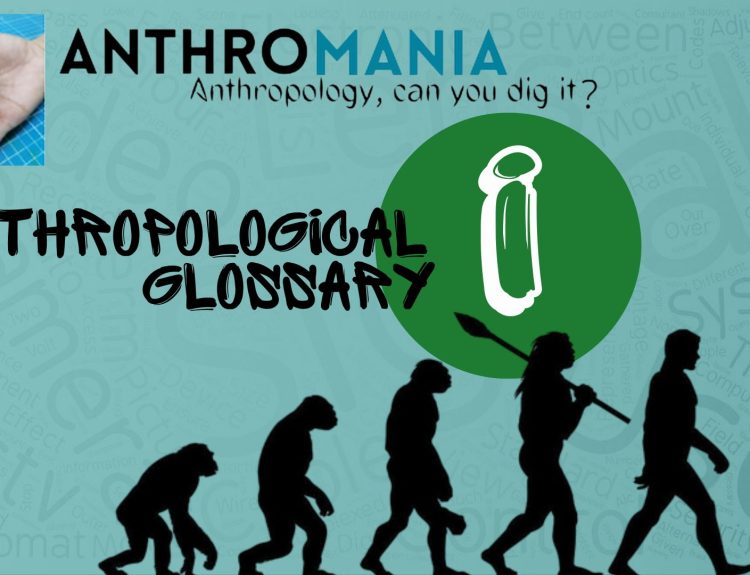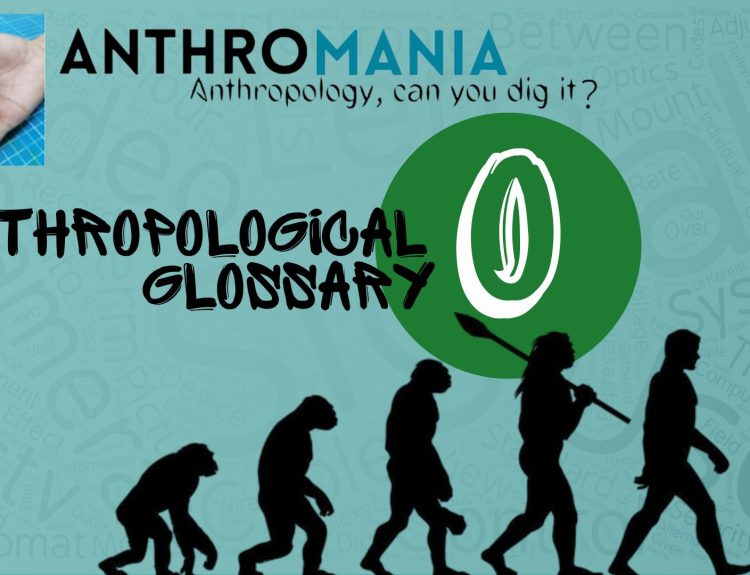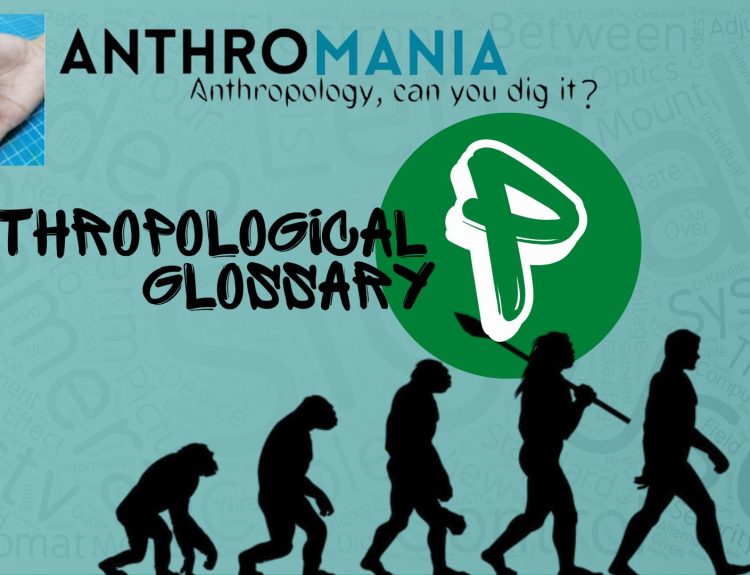Explore an anthropological glossary (Letter Q) covering key terms in anthropology, from “Q Methodology” to “Quotidian.” Gain insights into the diverse aspects of cultural, linguistic, and social anthropology.
Q Methodology: A research technique that combines qualitative and quantitative elements to study subjectivity, opinions, and perspectives within a specific cultural context, often involving participants’ ranking or sorting of statements or ideas.
Qualitative Research: A research approach in anthropology that focuses on collecting and analyzing non-numeric data, often involving in-depth interviews, participant observation, and content analysis to understand the subjective experiences and perspectives of individuals or groups.
Quantitative Research: Research methods in anthropology that involve the collection and analysis of numerical data to study patterns, relationships, and trends within a population or group.
Quaternary: In the context of anthropology, this refers to the geological period that encompasses the most recent 2.6 million years, during which Homo sapiens and our hominin ancestors evolved. Quaternary studies often focus on paleoenvironments and climatic changes.
Quebrada: A Spanish term used in anthropology to describe a dry, deeply incised or eroded valley or ravine, often found in arid regions. Quebradas can be important archaeological sites due to their role in human settlement and resource exploitation.
Quechua: The indigenous language spoken by the Quechua people, primarily in the Andes region of South America. It is one of the most widely spoken indigenous languages in the Americas.
Queer Anthropology: A subfield of anthropology that examines issues related to gender and sexuality, often focusing on LGBTQ+ experiences and identities and how they intersect with culture, society, and power dynamics.
Read- It’s okay to be Homosexual
Queer Theory: A theoretical framework in anthropology that challenges conventional norms of gender and sexuality, exploring how these constructs are culturally and socially constructed and how they intersect with various forms of identity and power.
Questionnaire: A structured research instrument comprising a series of written or electronic questions.
Quick Ethnography: A short-term, rapid ethnographic study that typically involves a brief and intensive period of fieldwork to gain insights into a specific cultural context or issue.
Quipu: An ancient Inca accounting system consisting of a series of knotted cords used for record-keeping and communication, which also served as a cultural symbol.
Quota Sampling: A sampling method in qualitative research that involves selecting participants based on predefined criteria or quotas to ensure the representation of specific characteristics or subgroups in the sample.
Quotidian: A term used to describe the everyday, ordinary, or routine aspects of life, often studied in anthropology to understand how cultural practices and meanings are embedded in daily activities.







